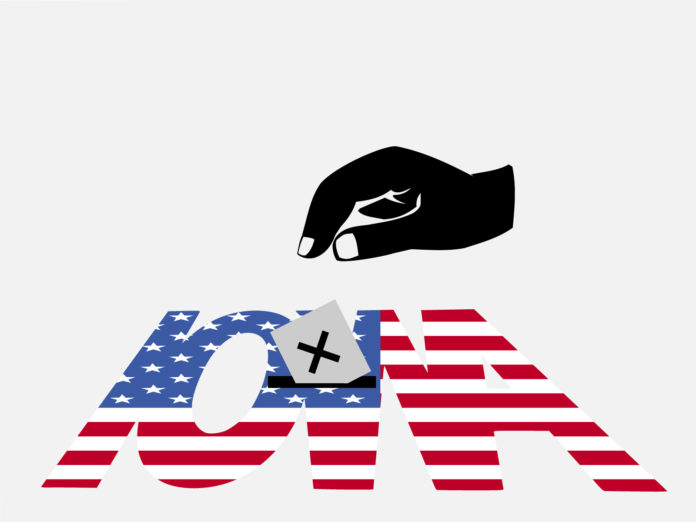Results were finally tallied in the Hawkeye State days after the first-in-the-nation Iowa caucuses took place. A faulty software application deployed by the Iowa Democratic Party delayed results for nearly twenty-four hours after the caucuses had ended Monday, February 3rd. By Wednesday, February 5th, only partial results had been released, and two candidates took an early lead. In a statement, DNC Chair Tom Perez demanded that the Iowa State Democratic Party recanvass to ensure accuracy in the vote count. During the following weekend, all the results were tallied and Mayor Pete Buttigieg was declared the winner.
With 100% of the vote being reported, vote totals show Mayor Pete Buttigieg with a slim 0.1% victory over Senator Bernie Sanders. Both candidates have more than 25% of the vote and the only two candidates with double digit delegate totals. Elizabeth Warren earned eight delegates with 18% of the vote and presumed front runner, former Vice-President Joe Biden was awarded six delegates with 15.8% of the vote. Amy Klobuchar received one delegate with 12.3% of the vote in Iowa.
| Democratic Candidates | Delegates | State Delegate Equivalents | Percentage of Vote |
| Pete Buttigieg | 14 | 564 | 26.2% |
| Bernie Sanders | 12 | 562 | 26.1% |
| Elizabeth Warren | 8 | 388 | 18% |
| Joe Biden | 6 | 340 | 15.8% |
| Amy Klobuchar | 1 | 264 | 12.3% |
Source: Associated Press
While the candidates on the Democratic ticket calculate total votes in the Iowa caucus, the winner is not necessarily chosen by popular vote. Instead, they use a State Delegate Equivalent, which is based on how candidates perform in each precinct. On the Republican ticket, the incumbent President Trump won handily with 100% of the vote being reported. President Trump captured 39 of the state’s 40 Republican delegates in his first step toward the Republican 2020 nomination.
| Republican Candidates | Delegates | Vote Count | Percentage of Vote |
| Donald J. Trump* | 39 | 31,464 | 97.1% |
| Bill Weld | 1 | 426 | 1.3% |
| Joe Walsh | 0 | 348 | 1.1% |
Source: Associated Press
Aside from the chaos caused by the Shadow, Inc. app responsible for reporting caucus results, primary season is underway and full-speed ahead for candidates on both tickets. For the Democrats, a total of 1,990 delegates are needed to secure the nomination on the first ballot; a total of 2,376 if the nomination goes to a second ballot. President Trump needs a total of 1,276 delegates to secure the nomination for the Republican party.
Rules in the Democratic primary have been updated to reflect feedback from the 2016 campaign when many voters and party insiders expressed displeasure with the use of superdelegates in the primary – which heavily favored Hillary Clinton’s campaign. This election cycle, superdelegates still exist but they have limited powers. They will no longer vote on the first ballot at the 2020 Democratic Convention unless there are no candidates that secure the majority of pledged delegates – delegates that are awarded in each state primary. A contested convention has not taken place in many years, so the probability of superdelegates casting votes on a second ballot looks unlikely.
Next week, Democrat contenders set their eyes on the New Hampshire primary which is taking place on February 11, 2020. Senator Sanders currently has a commanding lead in New Hampshire polls with former Vice-President Joe Biden and Mayor Pete Buttigieg trailing by 10% or more. There are a total of 24 delegates at stake for the Democrats in New Hampshire, not including superdelegates. President Trump is expected to win the Republican New Hampshire primary with at least 20 of the states 22 Republican delegates.













